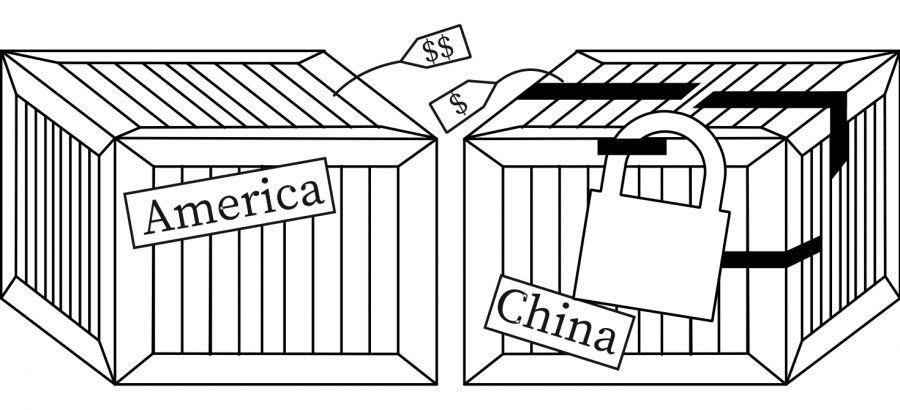Politics over trade likely to hurt local industries
April 23, 2018
Amidst a whirlwind of trade-war threats, increased tariffs and retaliatory economic measures, many media jobs and a number of local farms could be at serious risk of struggling to survive.
The United States government recently announced plans to up the tariff rates on imports of Chinese steel and aluminum, a move which didn’t sit well with China, as it retaliated by declaring plans to place tariffs of up to $3 billion in U.S. exported products, such as soybeans and pork.
A number of farms in Walworth and Rock county produce soybeans, and they’re sure to face challenges as they’re selling fewer goods at lower prices due to increased tariffs.
The U.S. is also hiking up tariffs on imported Canadian newsprint, a product on which newspapers depend to produce and distribute content to their communities across the country.
Most newsrooms will inevitably feel the impact. This will mean, in many cases, cutting costs by reducing pages, printing fewer papers or even laying off employees, which is sure to hurt the majority of newspapers, particularly smaller presses.
In declaring these tariffs, the U.S. has sent a message that it will not tolerate what it sees as unfair trade. But our government has also sent a not-so-subtle message that it does not have hard-working local services in its best interest.
When farmers struggle to keep up with rising costs and monumental demands on their products, the industry suffers and the quality and prices of our food takes a hit as well. And when newspapers are hung out to dry, the public is less informed about the very issues that caused those situations in the first place, because journalists are strapped for cash and left unable to do their public service jobs.
We call upon you, our fellow students and citizens, to stand up in support of those who support your best interests, even if the government does not. Help your local farmers make ends meet by buying local produce at the Whitewater City Market. Help your local newspapers survive by purchasing a subscription or by sharing their product on social media, and at the very least, pay attention to the work they do, because reporters want nothing more than to help ensure the public is as informed as possible.













